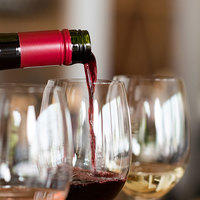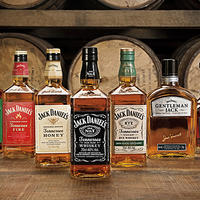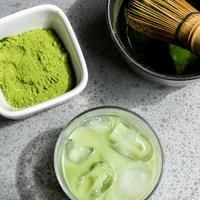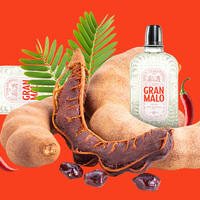U.S. Wine And Beer Exports Are Down By 26% From 2024
Image Source: Kaylakan / Stock.Adobe.Com
U.S. Census Bureau reports show that wine and beer exports dropped by a stark $472 million in 2025, and for wine alone, exports dropped by $428 million. Imports have significantly declined as well. U.S. imports on wine and beer fell $1.1 billion and in alcoholic beverage imports excluding wine, numbers have declined by $3.1 billion. Most of these drastic decreases on U.S. alcohol imports and exports stem from tariff boycotts that began early in 2025 after U.S. imposed tariffs started a trade war. The Trump administration announced tariffs on Canadian and European wine and beer exports throughout the early months of 2025, and countries across the globe began buying locally and boycotting the U.S. market after the administration threatened to impose 200% tariffs on European alcohol.

More Beverage News
World Health Organization Calls For Health Taxes On Beverages With Alcohol And Sugar
Bourbon Industry Struggles As Supply Outpaces Demand
Wine Spectator Releases Its Restaurant Picks For The World's Best Wine Lists
U.S. Wine Industry To Hit An Economic Low Point As Early As Next Year
New U.S. Dietary Guidelines Remove Recommended Daily Limit for Alcohol Consumption
Image Source: Rido / AdobeStock
The U.S. Department of Agriculture (USDA) and U.S. Department of Health and Human Services (HHS) released an updated Dietary Guidelines for Americans last month. Valid until 2030, the new guidelines erase previous daily alcohol allowances for men and women. Dating back to the 1980s, the guidelines encouraged moderation through a limit of up to two drinks per day for men, and one drink per day for women. Those recommendations have been replaced by a simple statement to "limit alcoholic beverages." Dr. Mehmet Oz, the Administrator for the Centers for Medicare & Medicaid Services and one of the folks who announced the change at a press conference, said, "There is alcohol on these dietary guidelines, but the implication is don’t have it for breakfast.”

Nova Scotia Plans On Selling $14M U.S. Liquor Stockpile From Tariff Boycott
Image Source: Jack Daniel's
After the Trump administration put a 25% tariff on Canadian products back in March, the country responded with a mass boycott of U.S. alcohol. Canadians stopped buying beer and liquor from the states, and in Nova Scotia, U.S. spirits were removed from shelves all together. Now, the province is sitting on a $14 million stockpile of alcohol, which they have begun selling again this December. The province plans on donating profits to Feed Nova Scotia, a charity focused on food insecurity in the region.

Amid Shortages, Matcha Counterfeits Proliferate—Here's How To Tell The Difference
Image Source: Alice Pasqual
As demand for matcha steadily increases and climate change reduces crop supplies, matcha producers are struggling to keep up. Family-run farms in Japan supply the most authentic matcha in the world, with the highest quality product coming out of regions with ideal growing climates like Nishio, Uji and Kagoshima. These farms are running low on supplies, and rather than waiting for the good stuff to come back around, western brands have been counterfeiting the product with low-grade powders and additives. It's harming the reputations of multiple top-shelf matcha brands and turning away potential fans of the beverage who have been duped by cheap knockoffs. Luckily, spotting the difference between high and low quality matcha is possible. As this article shows, it all comes down to taste, smell, and color.

Spicy Tamarind Liqueur Captures U.S. Imagination
Illustration Source: Danielle Grinberg / VinePair
Gran Malo, a new tequila-based, tamarind-flavored liqueur launched in Arizona, Colorado, Florida, Illinois, Nevada, New Mexico, and Texas this year after initial success in Southern California last year. The 30% ABV liqueur mimics traditional tamarind-flavored Mexican candies and was released in partnership with Casa Lumbre, the same company responsible for Ancho Reyes and Montelobos Mezcal. Gran Malo and E&J Gallo have partnered to bring the liqueur nationwide, focusing on the Mexican American and Hispanic demographics of the U.S.

More Beverage News
Lebanese Winemakers Suffer Amid Middle East War And Drought
Restaurants Lean Into Mocktails As Demand For Alcohol Declines
Starbucks Tests Coconut Water And Protein Foam Beverages
Perrier And Other Water Brands Face Scrutiny After Filtering Products Advertised As Natural Water